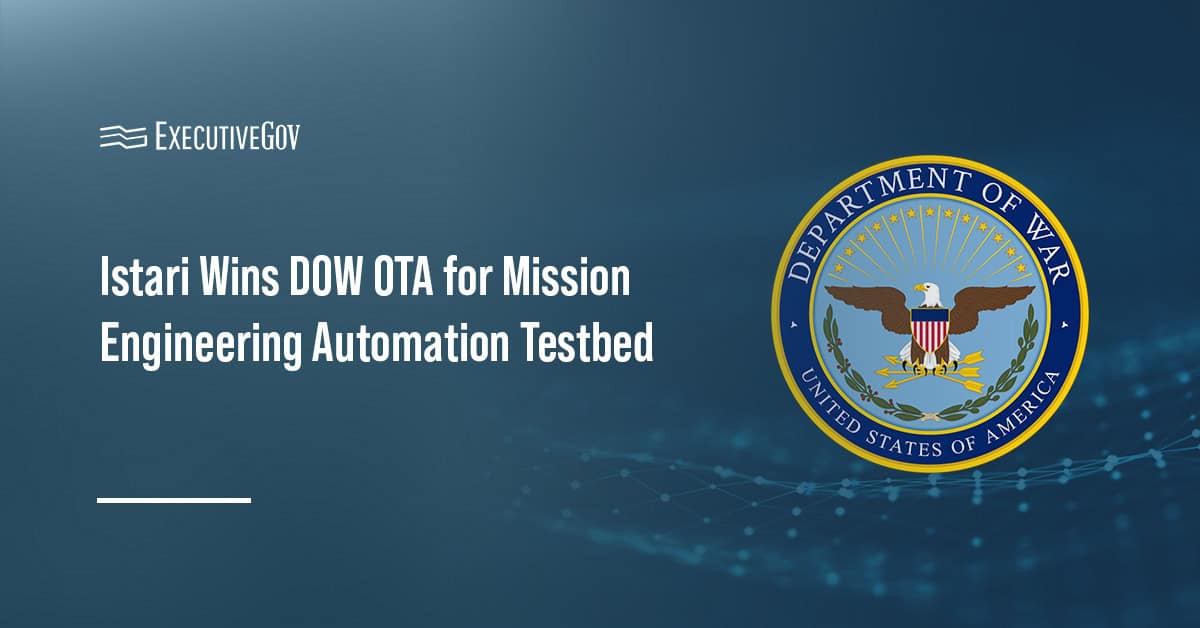The Federal Communications Commission has adopted new rules to coordinate spectrum use among non-geostationary satellite orbit, fixed-satellite service systems authorized through different processing rounds.
FCC said Thursday the new rules clarify that certain spectrum-sharing mechanisms are limited to systems licensed in the same processing round and require broadband communications satellites approved in later rounds to demonstrate protections for earlier-round systems.
The new rules also provide additional parameters for inter-round sharing and establish that interference protection granted to an NGSO FSS system will sunset after a period of time.
In March, the FCC proposed a new rule to connect satellites with mobile devices to enable 5G communications in remote and underserved areas.





